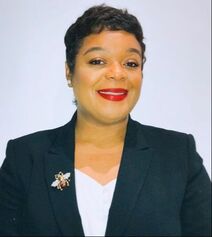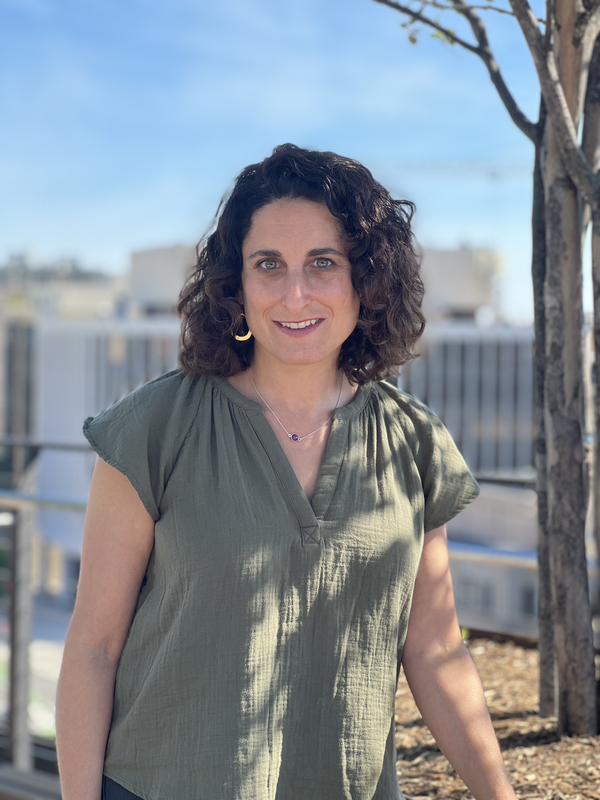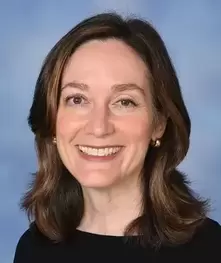Kids want to cram a lot into every summer–they earn money, take on internships, volunteer, play sports, and spend time with friends and family. Because our courses are asynchronous, students can complete assignments at the time that works best for them, ensuring that they’re meeting regular deadlines throughout the week. At the same time, One Schoolhouse summer courses cover a full year of material in just eight weeks. In order to meet the swift pace of the syllabus, a One Schoolhouse summer course needs to be the student’s primary commitment during those eight weeks.
Parents ask: Will my student be ready for the fall? Our 2023 Summer session courses are designed for motivated and engaged students to move ahead–completing Geometry in the summer, for example, to ensure students are ready for Pre-Calculus in eleventh grade–or create flexibility in their academic year schedules. Our courses have been created by expert teachers to give students a deep understanding of the key concepts, strategies, and knowledge that they need for further study. Students spend about half their time every week in application activities using the material they’ve learned in novel contexts, or exploring real world situations. By making sure students engage deeply with what they’re learning, One Schoolhouse courses prepare students for challenging academic year courses. We’d love to hear you ask: Are my child’s goals the right fit for a One Schoolhouse Summer course? Summer is the time for students to invest in their passions. For some kids, that means reading The Lord of the Rings cycle for the fifth time. For others, it’s building their own bike and riding cross-state with a group of friends. One Schoolhouse Summer courses are a great fit for kids who are motivated by academic study and academic achievement, and who want to put those goals at the center of their summer. We hear every year from students that taking a One Schoolhouse Summer course is an important stepping stone to their ultimate goal. For elite athletes, taking a course in the summer creates flexibility for expanded training for the school year. For STEM students, completing Pre-Calculus over the summer means that they’ll be ready for Multivariable Calculus in their senior year. When your student’s goals align with our program’s strengths, we’re ready for a great summer.
0 Comments
Students are eager to use their summer strategically. As we’ve seen in past summers, enrollment is growing year to year. The students who enroll are typically highly motivated and ready for a challenge. They see an online course as a way to help meet their academic goals that doesn’t compromise their ability to have a summer with space to unwind.
Math. Math. Math. Summer math courses have always been the highest enrolled courses in our program. This year, however, we have noticed a surge in demand for math courses like never before. Families and students are increasingly interested in accelerating their math sequence, with enrollment equally high in Algebra II, Geometry, and Pre-Calculus. Students want to move forward in math for two key reasons. First, selective colleges still see calculus as essential for admissions, so students use summer study to ensure they’re ready for calculus by senior year. (We have thoughts about this!) Second, students want to ensure they have the prerequisites for higher-level courses like advanced physics or computer science. More people are waiting until the last moment to enroll–which has its risks. Based on earlier years, we expect half of our summer enrollment to come in between May 12 and June 12. That’s not the way it was a few years ago. The pattern is similar in our school year courses. That’s a bit of a risky choice, because as schools draw closer to the start of the academic program, their ability to be flexible decreases. In May, a bump in enrollment drives us to open another section; in June, we don’t always have that option. Online enrollment has limits just as in-person school does.
This resource is published from the Association of Academic Leaders’ member-exclusive Knowledge Library. Want access to more downloadable resources like this and more? Find out more about membership.
What will you read this summer? As the days lengthen, Academic Leaders have more time for concentrated thought and exploration. Here are ten titles, all recommended by members of our Association for Academic Leaders Advisory Council, that can help you expand your thinking. Whether you’re looking to learn more about equity and inclusion, group dynamics, or happiness and fulfillment, you’ll find a book here to get your summer reading started.
Download the PDF and post it in the faculty workroom, or leave a pile on your desk to open up the conversation about this summer’s growth. Starting in spring we get phone calls from Academic Leaders stuck in staffing limbo. “I’ve been trying to hire for this position since March,” they say, “but we can’t find a candidate we feel confident about. Do you have room for…?” and then they ask us about six, or fourteen, or forty students, who need to enroll in AP Calculus BC, or three different levels of Mandarin Chinese, or Anatomy and Physiology.
In situations like these, our first goal is to articulate the elements that create a successful online partnership between schools and supplemental programs. At One Schoolhouse, successful partnerships rely on clarity, communication, and shared understanding. We’ve observed that post-pandemic, schools can be reluctant to offer a course online, because students and families conflate all types of learning online. When a school says “online course,” students think “pandemic crisis distance learning.” It’s understandable that few people want to revisit that experience! When schools make the decision to move a course online at the start of the school year, they inadvertently play into the narrative that online learning is a crisis solution. Students and families interpret this timing to mean that online learning is the school’s last-ditch effort; as a result, they can approach the situation with mistrust and resistance. In contrast, when schools decide in the spring to offer an online course rather than on-campus instruction, they create a very different narrative. Online learning is framed as a way to preserve and expand course offerings. Schools have the opportunity to explain that purpose-built online learning is very different from what students experienced in Spring 2020. Programs like One Schoolhouse draw on years of experience in online learning and train teachers based on research and best practices. So how can you get students and families past a gut reaction? It takes communication and demonstrated value–and both of those things take time. We begin communicating with students and families over the summer, sending resources like our handbook and resource list, parent orientation videos, and contact information, both at One Schoolhouse and at their school. We let students know when to expect their login information, and how we’ll get them ready for learning online in the first week of the course. We tell students and families what to expect, and then we deliver on those expectations. It’s also essential to explain what online learning looks like when it’s purpose-built. We walk students and families through our weekly learning cadence and explain course competencies and objectives. We prepare students for a challenging and engaging course, and provide the scaffolding to build autonomy and organizational skills. When students and families have more time to communicate and build trust in online providers, students tend to acclimate to online learning and find success more quickly. As a result, they see supplemental online learning as enhancing their school experience, rather than detracting from it–and that builds their confidence in their Academic Leaders and their school.
In my role as the Dean of Academics at Ursuline Academy of Dallas, there are three challenges for us in the hiring process:
During our interview process, we look for candidates who we believe are going to be an excellent fit for our community. At Ursuline, that means a teacher who is genuinely excited to work in a faith-based school. Additionally, we seek teachers who demonstrate a genuine eagerness to grow in their craft and profession. Successful candidates for Ursuline teaching positions authentically engage in giving and receiving feedback, even in difficult moments. And they find joy working with teenage girls. As in many schools, the interactive part of our hiring process begins with a 30-minute initial interview. Then, If the candidate feels they may be a good fit, we invite them to campus to conduct a sample lesson for a class of students, after which we ask the candidate what they think went well during the lesson and what would change if they could go back in time. We want our candidates to be able to reflect on themselves and their thought processes. Candidates also submit an Ursuline employment application and resume. After one more final interview, we call three references, and we ask the candidate to submit a writing exercise with typical scenarios they may encounter at Ursuline. The writing exercise gives us insight into the approach and tone with which a candidate would approach these scenarios. During our interview process, we leave time for candidates to ask us questions. The most important question I get is, “Why do teachers love working at Ursuline?” This question encompasses so much, and I know the concerns underlying this question are “How will the school support me? and “Will I belong here?” I recommend that anyone involved in hiring spend some time reflecting on their answer to this question. What support and opportunities exist at your school? At Ursuline, that looks like highlighting our faculty support, school culture, and the great opportunities unique to our school. From our Mentoring Program that ensures a positive onboarding experience, to our sense of camaraderie among our faculty, fostered by meaningful support and training systems, to our travel-based professional learning opportunities, I am able to articulate what makes Ursuline a distinct community that teachers love to work in. Whether or not a candidate asks this of you in an interview, having a compelling answer prepared will help you find candidates who are great fits for you and who understand both what your school values and what this opportunity offers. Looking ahead to the next several years, we must continue to find ways to retain excellent faculty. Hewing closely to the question of “Why do teachers love working here?” not only in the hiring process but as part of all your systems for faculty support, will serve as a consistent reminder and connector for your faculty of why they love your school community. |
Don't miss our weekly blog posts by joining our newsletter mailing list below:AuthorsBrad Rathgeber (he/him/his) Archives
July 2024
Categories |




 RSS Feed
RSS Feed